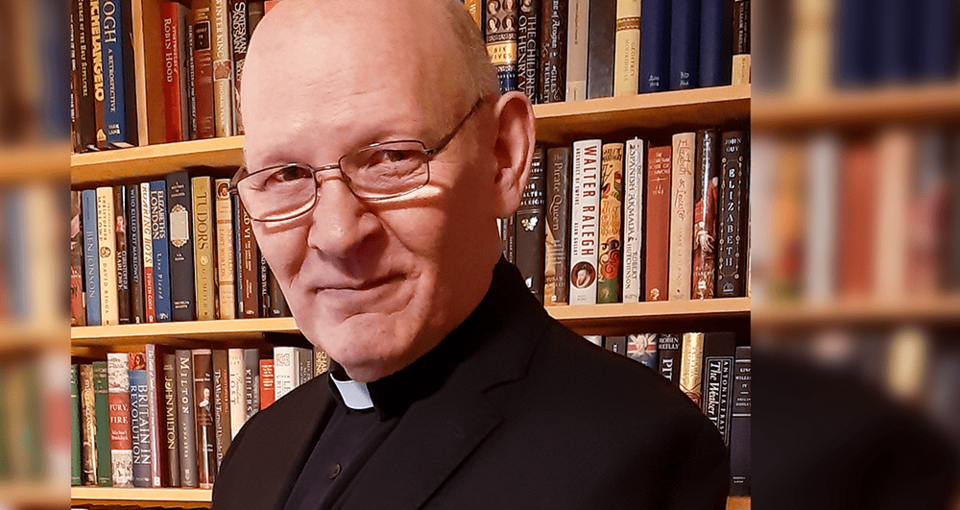The Papal visit to Canada was, of course, a very good thing. The presence of Pope Francis in this country and his acknowledgment of the biting, hideous reality of the Indigenous experience with residential schools may help to repair and heal, at least for some. But what we should realize, whether we’re Indigenous or not, is that the trip wasn’t offered without pressure and publicity. It’s a result of the Roman Catholic Church’s systemic crimes in residential schools and elsewhere in its treatment of First Nations people. And comes after the church’s denial, obfuscation, and — when exposed — failure to react properly and honestly. In other words, the Pope is here because he had little if any option.
This might sound cynical or lacking in grace but any reading of the timeline supports what I’ve said. Rome was initially extremely reluctant to make the journey happen, Francis gave broad, inadequate and some would say even insulting responses when the latest residential schools scandal was revealed, and there were several cases in Canada of clergy, some of them senior, even questioning what had happened.
None of this, however, should come as any particular surprise. Few churches have clean hands in the bitter story but at least other denominations have admitted their dark past and tried to display contrition and reform, financially and morally.
Also, under the Indian Residential Schools Settlement Agreement, the Catholic Church agreed to raise $25 million for Indigenous healing. That simply didn’t happen, with all sorts of excuses being offered and the government somewhat passively accepting them. In that period, however, the church did raise large amounts for all sorts of other causes, including cathedral beautification.
The problems are systemic, and go beyond the horrors of colonization. While Pope Francis is progressive on many issues, he’s repeatedly opposed public admissions of church failings. In 2017, for example, he refused to apologize for the church’s history of sexual and physical abuse of children in Chile, and only changed his position after enormous public outrage. That pattern is repeated and regular. An insensitive statement or comment is made, followed by claims that the Pope was misunderstood or mistranslated, and then a clarification or reversal.
Survivors of clergy sexual abuse have experienced this for decades, and while Pope John Paul II is lionized as a hero of the faith, he was someone who simply refused to accept evidence of the most appalling clerical treatment of children. His defenders argue that it was so far beyond his experience that he couldn’t comprehend it. Such a defense would never be allowed for a secular or political leader, and quite right too.
This visit is a step forward but unless that are profound changes in church structure and culture there won’t and can’t be long-term resolutions. The church is deeply un-democratic, secretive and hierarchical, enforces clergy celibacy and throws a cloud of confusion over sexuality, embraces clerical elitism, and is anachronistically and dangerously patriarchal. Dangerous because while the presence of women doesn’t make abuse impossible, research does show that it drastically reduces the likelihood.
This visit is a step forward but unless that are profound changes in church structure and culture there won’t and can’t be long-term resolutions
Openness and equality in any institution, religious or otherwise, is desirable not only for its ethical assumptions but also because it shines light in otherwise dark corners where crime and exploitation can flourish.
The chances of most of these changes occurring within the Roman Church are, regrettably, extremely thin. Pope Francis, one of the least conservative pontiffs we’ve ever had, has given an absolute refusal to the ordination of women, and still holds celibacy to be vital. He has spoken out against dictators and warlords, and taken on traditionalist elements in his church, but hasn’t significantly touched the rigidity of church governance and composition.
There are a number of individual priests, and countless lay Catholics, who would love to see an unfolding of the church, and the next Pope — if relatively young and progressive — may enable or even empower at least some of this. But even if he does, and that is by no means guaranteed, it would take a very long time. There are vested interests at work and they won’t give much ground without quite a fight.
I pray from the bottom of my heart that Indigenous people can find peace in what Pope Francis said and did. But in the long term, for everybody, change has to come and it has to be authentic and meaningful. As I say, I will pray. Prayers, however, aren’t always answered in the way we would like.
Rev. Michael Coren is an award-winning Toronto-based columnist and author of 18 books, appears regularly on TV and radio, and is also an Anglican priest.



